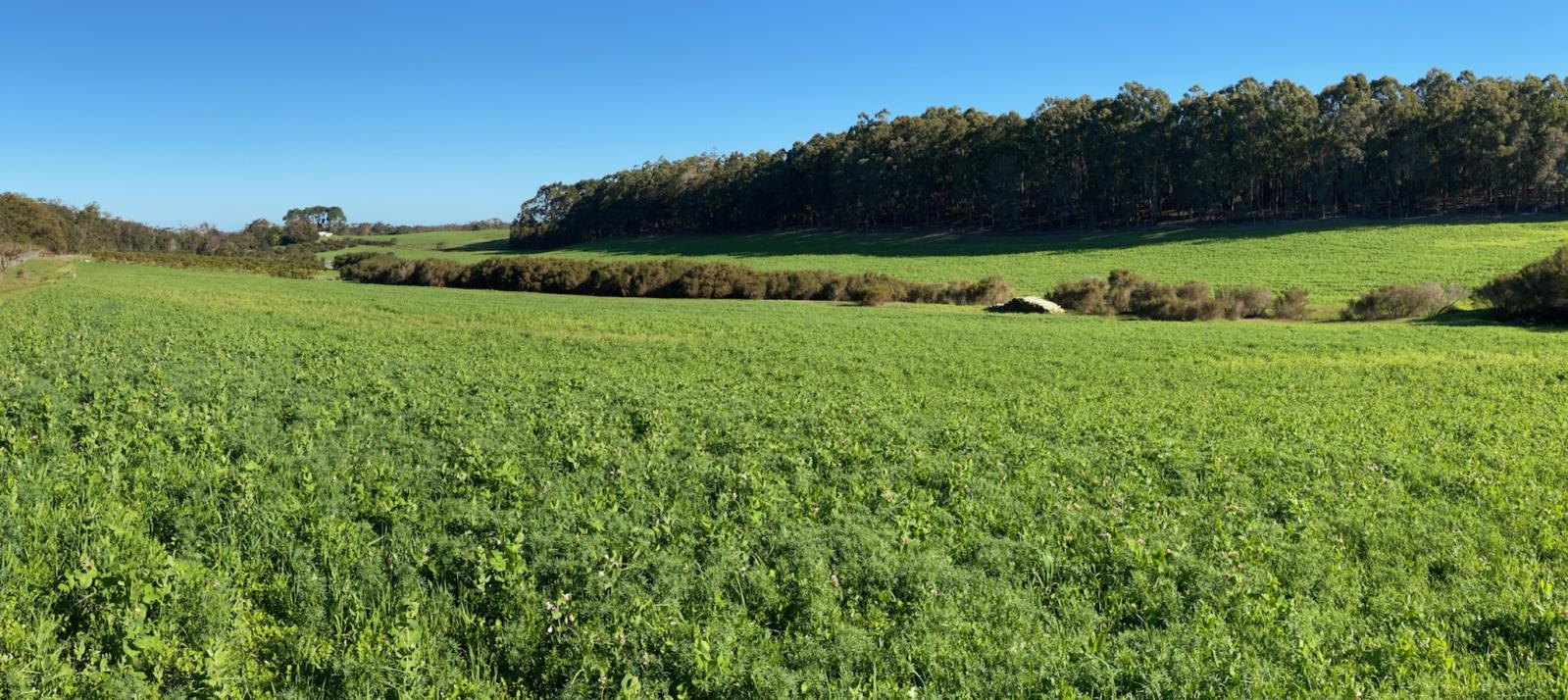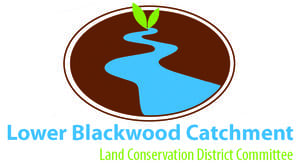
Mark Tupman
Educator-
Great stuff Eric. Where are you? So good to have working examples underway 🙂
-
Who wouldn’t want some of this when everything is drying out.
Plantain, well and truly recovered as confirmed by the yellowing lower leaves.
-
Some pics of a stockpiled/sabbath area after a graze. One could argue that there’s wasted feed but the soil microbes don’t think so. I’ll be watching to see what regrowth is like under that mulch. These will be the priority green graze areas next season.
-
Hey Kate,
The premise is that unless you have exclusively ryegrass and clover paddocks, the stock won’t graze it down to a nice even hight, they’ll graze the best and leave the rest, so grazing it to a certain hight is kind of a mute point. They’ll also eat the leaves first and leave the stems. This can mean inadequate fibre intake at…
-
Hi Eric,
Cheers for your input. I couldn’t agree more that the “don’t graze it down too much theory” leads to selective grazing. I’ve done the total grazing course with Jamie Elizondo and got a lot out of it. I’m seeing great benefits from putting the principles into practice in terms of soil health, diversity of species, generation of biomass…
-
Hi Dan,
Liquid fertilizer analysis’s can be done through Environmental Analysis Laboratory in NSW.
https://www.scu.edu.au/environmental-analysis-laboratory—eal/
scu.edu.au
Environmental Analysis Laboratory - EAL - Southern Cross University
EAL main page and services provided
-
Photosynthesis, Oxidation & the Energy Equation
I recently listened to a great podcast interview with Olivier Husson who is pioneering some great work on how soil redox (Eh) affects plant growth. This is not an area you may have heard much about, but it’s well worth looking into. Most are familiar with soil pH and how it can affect nutrient availability, susceptibility attack from pathogens…
-
That’s a great point Kate and I’ve done much deliberating on that matter :-/
What I’ve come to is that, yes, we can use grazing to prolong vegetative growth of annual species to some degree but it all happens pretty quickly in spring and we can only apply this strategy for a limited period of time.
The bottom line is that we want our plants to…
-
One of the most important things we can do for soil and pasture health, which translates to livestock health and productivity, is to avoid overgrazing.

So, what exactly is overgrazing?
Well, it has more to do with how soon we graze a plant than how much of it is grazed.
Plants all need to put on good vegetative growth in order…
-
Lower Blackwood LCDC recently ran a workshop on Monitoring and Recording Data for a Pasture Program. Participants got out in the field and had a go at gathering information on the status of their pasture and soil, to identify where things were going well, or not so well.
A range of different methods were explored to get an indication of how… Read more
- Load More



